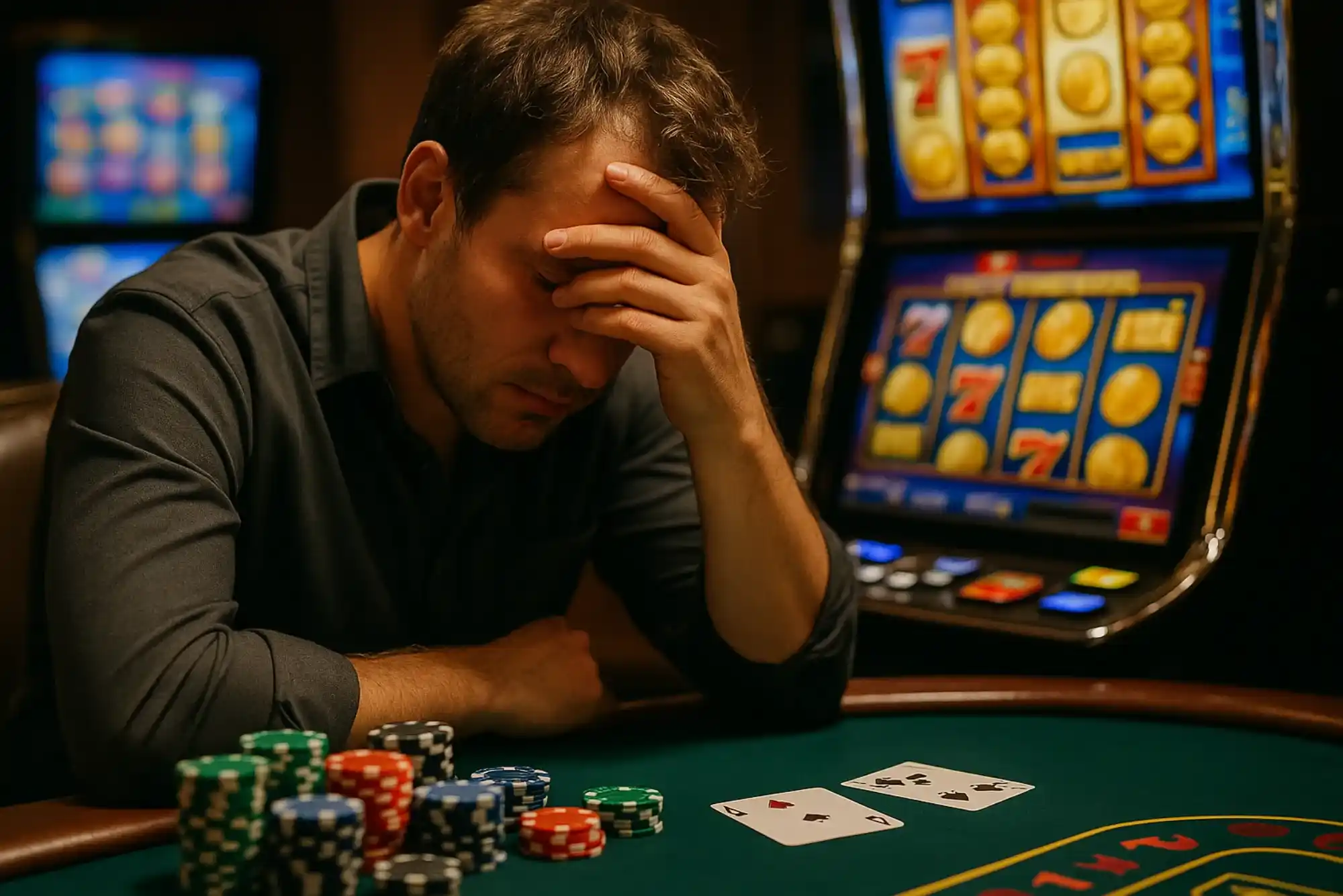Understanding Problem Gambling and Its Impact
Problem gambling is more than just an occasional bout of bad luck at the casino or an unlucky betting ticket. It is a serious issue that can disrupt every facet of a person’s life, from finances to relationships. Recognizing the signs of problem gambling early can make a significant difference in seeking solutions and regaining control. Whether you’re concerned about yourself or someone you care about, understanding these indicators is the first step in addressing the problem effectively.
People often turn to gambling for entertainment, thrill, or as a way to escape stress. However, this harmless pastime can quickly spiral into something problematic when limits are exceeded. Problem gambling often sneaks up unnoticed because the changes it brings can be subtle at first. Yet, the emotional toll, financial strain, and relationship challenges can accumulate alarmingly fast once it takes hold. This article aims to guide you through recognizing the warning signs and provide solutions for breaking free from its grasp.
Recognizing the Most Common Warning Signs
The signs of problem gambling manifest in a variety of ways, often affecting mental, emotional, and financial stability. One of the unmistakable indicators is preoccupation with gambling. If someone constantly thinks about gambling, plans their next visit to casinos, or uses it as their main topic of conversation, they may be headed down a dangerous path.
Another red flag is when a person begins chasing losses. Instead of accepting a loss as part of gambling’s unpredictability, they continuously place additional bets to recuperate their money. This behavior usually leads to even greater losses. Similarly, borrowing money or selling personal belongings to fund gambling activities is a significant warning sign that should never be ignored. The financial impact of problem gambling can also extend to neglected bills, unpaid debts, or even legal consequences.
Beyond the financial strain, emotional changes also indicate a deeper issue. Anxiety, irritability, and mood swings may develop, especially when gambling opportunities are limited. Behavioral shifts, such as secrecy, lying, or making excuses for gambling, are further signs that casual enjoyment may have become a dependency.
The Spiral into Isolation and Its Consequences
Problem gambling often leads to social withdrawal. Individuals caught in its grasp may avoid family gatherings, cancel plans with friends, or skip usual engagements because they prioritize gambling over personal relationships. This isolation deepens as the secrecy surrounding gambling habits grows. The more they hide their activities, the harder it becomes to maintain meaningful connections with others.
Guilt and shame are common emotions experienced by those dealing with problem gambling. They often feel trapped in a cycle of regret and rationalization, making it harder to seek help. For travelers or anyone who moves frequently due to work or personal commitments, the temptation of accessible gambling platforms can make this battle even harder. A lack of steady support networks exacerbates feelings of loneliness and stress, potentially fueling further gambling dependency.
If you’re looking for resources to better combat this issue, there are options for more regulated gambling. For casinos not covered by GamStop in the UK, you can explore platforms that adhere to more controlled practices. You can find a comprehensive guide by visiting [this link](https://gdalabel.org.uk/).
Practical Solutions to Overcome Problem Gambling
Breaking free from problem gambling begins with acknowledging the issue. Once you recognize that gambling is harming your life or the life of someone close to you, the next essential step is action. Professional counseling can be extremely helpful. Therapists trained in addictive behaviors can provide insight, coping mechanisms, and personalized recovery plans. Self-exclusion programs are another valuable tool, giving individuals the option to block themselves from accessing gambling platforms either temporarily or permanently.
Setting strict financial boundaries acts as an immediate buffer against further losses. Consider working with a financial advisor or using tools that block transactions to gambling websites. This strategy can prevent you from impulsively accessing funds during moments of temptation. Accountability partners are also powerful allies. Confiding in a close friend or family member not only provides emotional relief but ensures someone is keeping an eye out for your well-being.
For travelers, the role of tipping in simplifying tasks and reducing stress cannot be understated. Tipping service providers ensures smoother experiences during trips, allowing time for self-focus and reflection. Simple actions, like acknowledging good service, amplify overall enjoyment, making you less likely to seek distraction through gambling. By fostering connections with those around you and using services that enhance productivity and time management during travel, you can better prioritize addressing your challenges.
The Road to Recovery and Long-Term Prevention
Addressing problem gambling is a continuous process that requires dedication, patience, and persistence. Recovery does not happen overnight, but each step forward makes a lasting difference. Engaging in alternative activities like hobbies, sports, or creative pursuits can replace the void left by gambling and build a sense of accomplishment and happiness.
Educational programs that teach the risks and realities of gambling can help both individuals and families avoid falling into traps. Schools, workplaces, and community organizations often offer workshops tailored to raise awareness. These initiatives work to replace misconceptions about gambling with understanding, ultimately fostering healthier behaviors. For those already recovering, staying vigilant about triggers and relying on developed coping mechanisms are crucial steps in maintaining progress.
Ultimately, problem gambling impacts every aspect of life, but change is possible. Acknowledging its effects, reaching out for support, and implementing practical strategies are key to regaining control. Through conscious effort, individuals battling problem gambling can rebuild healthier, more fulfilling lives.
Don’t wait for the situation to worsen. Take steps today to protect your well-being and rediscover confidence in your ability to overcome life’s challenges.










